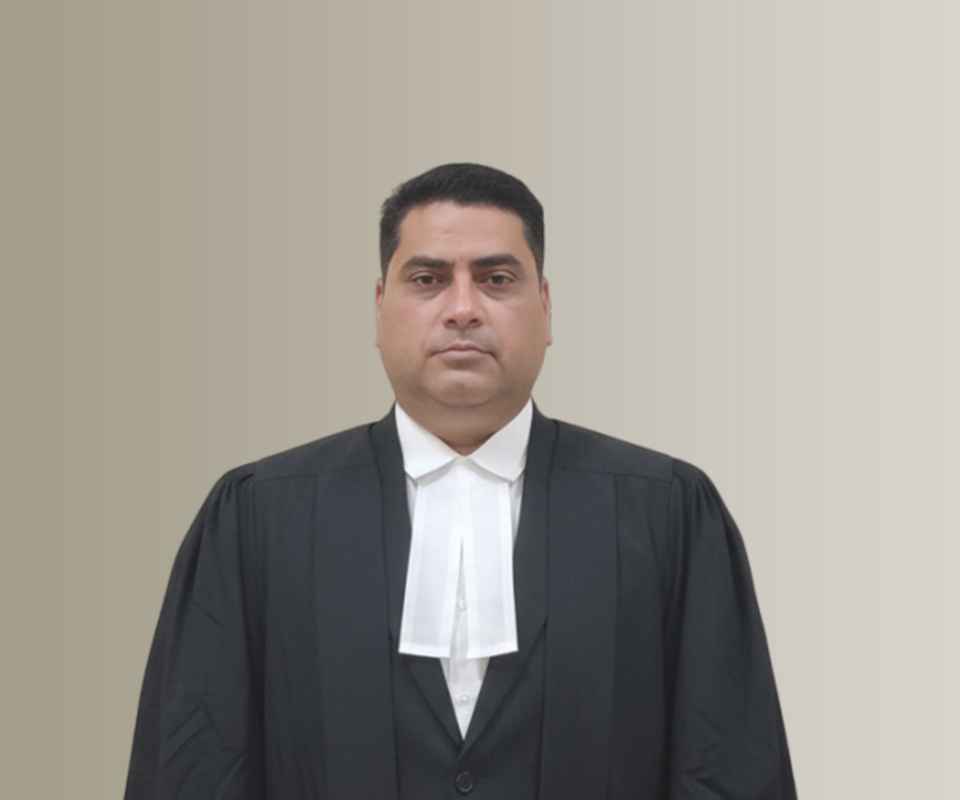Answer By law4u team
Bharatiya Nagarik Suraksha Sanhita, 2023 - Section 279: Non-appearance or death of complainant
(1) If the summons has been issued on complaint, and on the day appointed for the appearance of the accused, or any day subsequent thereto to which the hearing may be adjourned, the complainant does not appear, the Magistrate shall, notwithstanding anything hereinbefore contained, acquit the accused, unless for some reason he thinks it proper to adjourn the hearing of the case to some other day. Provided that where the complainant is represented by a pleader or by the officer conducting the prosecution or where the Magistrate is of opinion that the personal attendance of the complainant is not necessary, the Magistrate may dispense with his attendance and proceed with the case.
(2) The provisions of sub-section (1) shall, so far as may be, apply also to cases where the non-appearance of the complainant is due to his death.
Brief Detail
Section 279 of the Bharatiya Nagarik Suraksha Sanhita, 2023, deals with the non-appearance or death of a complainant. If the complainant fails to appear on the day of the accused's appearance or any adjourned day, the Magistrate may acquit the accused, unless it is deemed necessary to adjourn the case to another day. However, if the complainant is represented by a pleader or the officer conducting the prosecution, or if the Magistrate deems the complainant’s personal attendance unnecessary, the case can proceed without their presence. The same provisions apply in cases where the complainant is deceased.
Question & Answers
Q1: What happens if the complainant does not appear on the appointed day for the appearance of the accused?
A1: If the complainant does not appear, the Magistrate shall acquit the accused, unless it is necessary to adjourn the hearing to another day.
Q2: Can the case proceed if the complainant is represented by a pleader or officer conducting the prosecution?
A2: Yes, if the complainant is represented by a pleader or the officer conducting the prosecution, or if the Magistrate deems the complainant’s personal attendance unnecessary, the Magistrate may proceed with the case.
Q3: How does the law treat cases where the complainant has passed away?
A3: In cases where the complainant has died, the provisions of sub-section (1) still apply, and the case can proceed or be disposed of as per the rules, including the possibility of acquitting the accused if the complainant’s death prevents their appearance.
Example
Example 1:
A summons is issued for the complainant to appear in court on the day of the accused’s appearance. However, the complainant does not appear. The Magistrate acquits the accused, as no special reason is provided for adjourning the case.
Example 2:
In another case, the complainant is represented by a pleader. The Magistrate deems the complainant’s personal attendance unnecessary, so the case proceeds without the complainant appearing in court.
Example 3:
The complainant in a case passes away before the hearing date. The Magistrate applies the provisions of Section 279 and proceeds with the case as though the complainant were not present.
Summary
Section 279 of the Bharatiya Nagarik Suraksha Sanhita, 2023, provides the procedure when a complainant does not appear in court or has passed away. If the complainant fails to appear, the Magistrate may acquit the accused, unless there is a valid reason to adjourn the case. The Magistrate can also proceed with the case if the complainant is represented by a pleader or if their attendance is deemed unnecessary. These provisions also apply if the complainant has died before the hearing.






